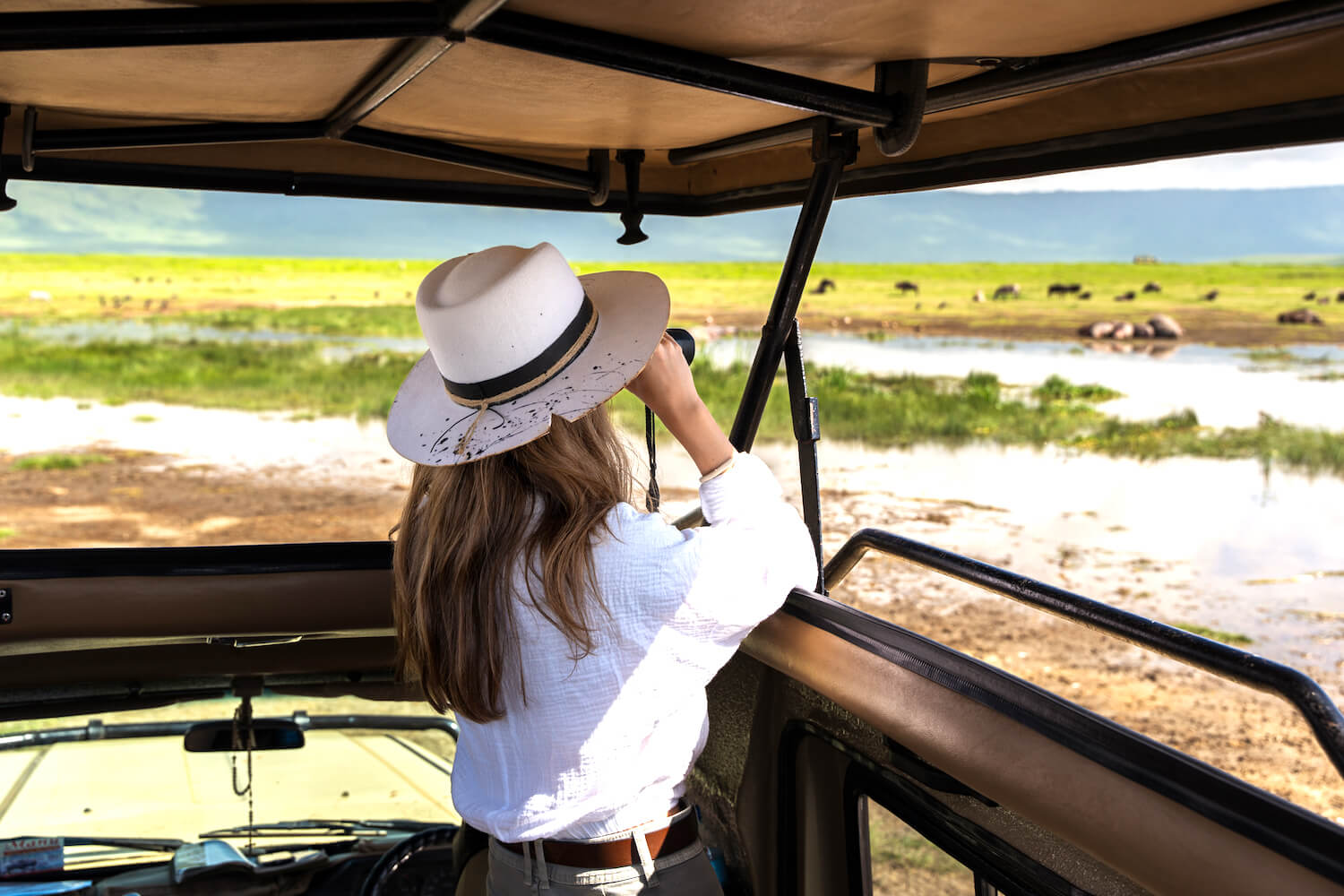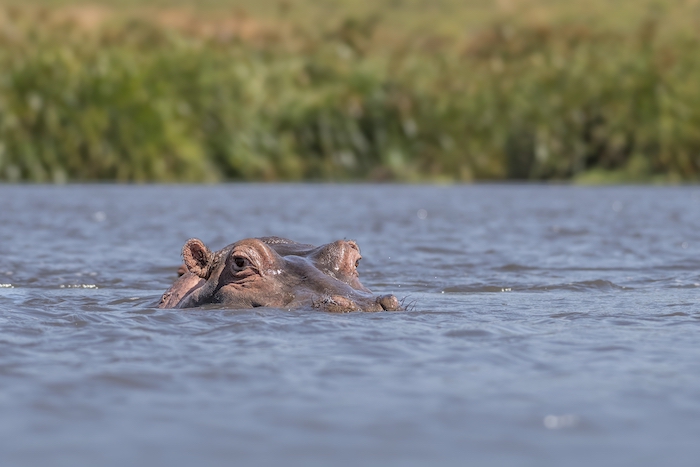- About Us
- Contact Us
- Call Our Experts
Serengeti Wildebeest Migration
Nature’s Greatest Journey
The Serengeti Wildebeest Migration is one of the most awe-inspiring natural events on the planet, drawing travelers and wildlife enthusiasts from all over the world. Every year, over 1.5 million wildebeest, along with hundreds of thousands of zebras, gazelles, and other herbivores, embark on an incredible journey across the vast plains of Serengeti National Park and the Maasai Mara in Kenya.
This ancient migration is driven by the search for food and water, creating one of the most dramatic wildlife spectacles that showcases the raw beauty and power of nature.

What Makes the Serengeti Wildebeest Migration Special?
The Serengeti Migration is often referred to as “The Greatest Show on Earth” due to its sheer scale and the thrilling challenges faced by the animals. The migration is not just a visual feast, but a testament to the resilience of wildlife in their fight for survival:
Dramatic River Crossings
The migration's climax occurs during river crossings, where thousands of wildebeest brave treacherous waters, facing crocodiles and swift currents, to reach greener pastures
Predator-Prey Interactions
The migration brings predators like lions, cheetahs, and crocodiles to the forefront, offering rare opportunities to witness the circle of life in action. Predators target weak or young animals, adding a layer of drama to the spectacle.
Unmatched Wildlife Photography
The migration provides some of the most stunning and photogenic moments in the wild, from sweeping landscapes filled with herds of animals to intimate predator-prey interactions.



When to Witness the Serengeti Wildebeest Migration
The timing of the Serengeti Wildebeest Migration is key to experiencing the most dramatic scenes:
January to March (Calving Season)
The migration is concentrated in the southern Serengeti, where wildebeest give birth to thousands of calves. This is a critical period, as predators are also highly active, making for dramatic wildlife sightings.
April to May (Rainy Season)
The herds begin to move northward toward the central Serengeti, navigating lush grasslands. The rains bring life to the landscape, making it incredibly scenic.
June to Mid-July (River Crossings)
This is the time to witness the legendary river crossings, where wildebeest face their greatest challenge as they cross the Grumeti River and later the Mara River.
Mid-July to October (The Mara River)
The migration reaches the Maasai Mara in Kenya, where the famous Mara River crossing occurs. This is one of the most thrilling events of the migration, as the herds make their way across the river in search of fresh grazing.
November to December (Return South)
After grazing in the Maasai Mara, the wildebeest begin their journey back to the Serengeti to start the cycle all over again.
Why the Serengeti Wildebeest Migration is a Must-See
The Serengeti Wildebeest Migration is more than just a safari; it’s a once-in-a-lifetime experience that connects you to the raw forces of nature. Whether you’re a first-time visitor or a seasoned safari traveler, the sheer scale and drama of the migration will leave you in awe, with memories to last a lifetime.Plan your safari around this iconic event and be part of one of the greatest wildlife phenomena the world has to offer!
What our client say about Us

Wonderful tripWe (6 people from Austria, Poland and Greece) booked a 10 day private safari with Tanzania Experience, visiting Tarangire, the Serengeti, Ngorongoro, Arusha and Arusha National park, and the Kilimanjaro. Thanks especially to our excellent guide, it was a wonderful journey filled with exciting adventures. Our Guide was extremely helpful, constantly trying to find the most exciting spots, solving any problem that occurred, including getting the car that was stuck in the mud out again. If you plan a trip to see the wildlife in Tanzania, then we can unconditionally recommend this travel agency and especially our guide, they will make your trip an unforgettable one.

Join/Follow us on



